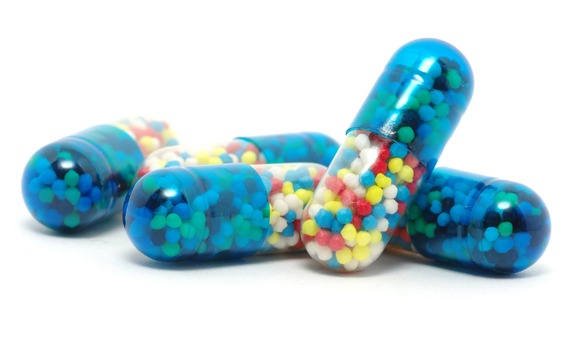
In 2001, Dr. Martin Keller, a former professor at Brown University, conducted a study related to the anti-depressant drug Paxil.
The study was called “Study 329”, and it was published in the Journal of the American Academy of Child and Adolescent psychiatry. However, many believe this study to be controversial.
The Controversy Of Paxil Side Effects
In the study, Keller suggests that Paxil is an effective treatment for adolescent depression, however today many psychiatrists say that they do not even prescribe the drug to patients.
Psychiatrists, who were interviewed by the Boston Daily Herald regarding the study, say that the Paxil side effects and withdrawal symptoms are worse than other antidepressants and should not be prescribed as a first-line drug.
Since “Study 329’s” publication it has been the center for controversy as well as being criticized for having been ghostwritten by associates of GlaxoSmithKline, the manufacturer of Paxil.
Although in 2009 Keller publically announced that GSK had given him tens of thousands of dollars during and after the time of the study he has no comment in regards to the “ghostwriting claim”.
Earlier this month, members of the American Academy of Child and Adolescent Psychiatry Edmund Levin and George Stewart, sent a letter to the editor of the Academy’s journal asking for an explanation in regards to why the study has not been retracted.
Why Hasn’t “Study 329” Been Retracted?
Levin said he first became interested in the study because of his association with the AACAP. Despite the Senate investigation finding the Keller article to be fraudulent there “still has been no action in getting it retracted,” said Levin.
Andres Martin, the editor of the journal, said that the paper did not meet the criteria for retraction.
Jon Jureidini, a professor of Adelaide in Australia and a member of the non-profit Healthy Skepticism, have been working with a team to fix the data and have the paper republished.
Jureidini and four of his team members are re-examining the data to “write the paper as it should have been written,” he said.
A member of Healthy Skepticism, Leemon McHenry who has been a part of the re-examination of the data previously written, says that the paper is far worse in terms of safety and efficiency.
